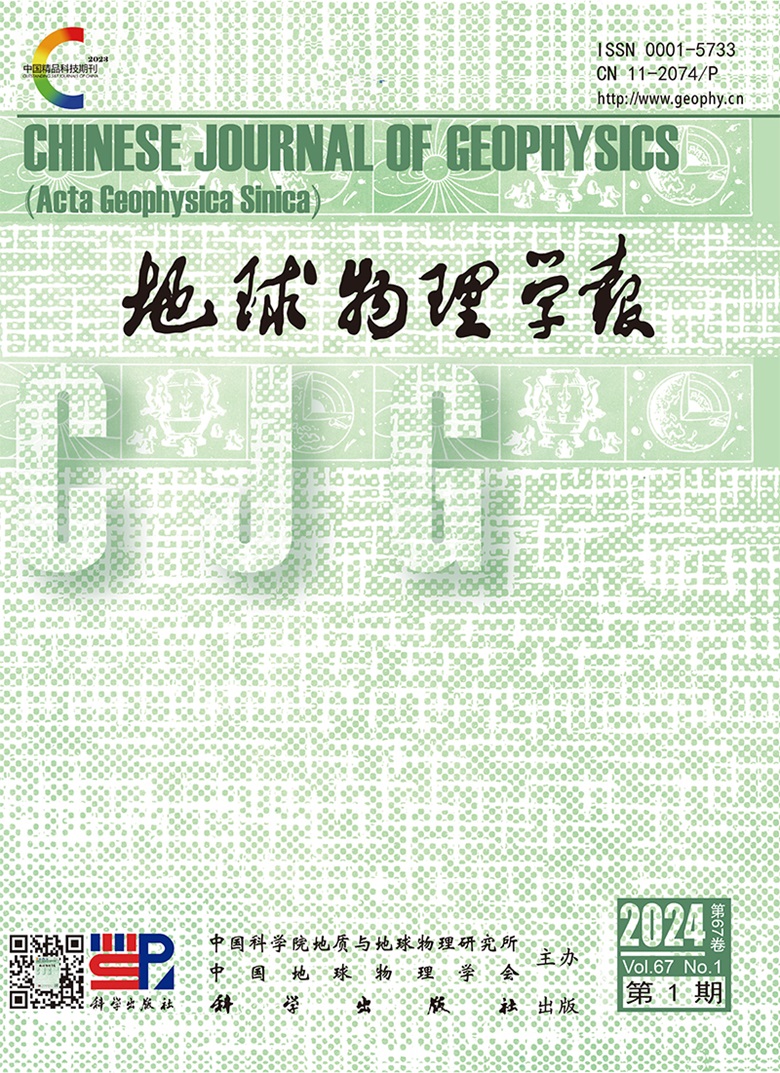SHALE RESERVOIR CONDUCTIVE MECHANISM SIMULATION BASED ON PERCOLATION NETWORK
IF 1.4
4区 地球科学
Q3 GEOCHEMISTRY & GEOPHYSICS
引用次数: 3
Abstract
The shale gas reservoir storage space mainly includes micro pores and cracks of micron and nano scale. Owing to the complex pore network, as well as high content of kerogen and clay minerals in shale matrix and existence of conductive minerals, especially pyrite, the shale reservoir conductive mechanism is quite different from that of conventional reservoir, and the I-Sw curve obtained by core electricity experiment is non-linear which makes traditional evaluation models such as Archie's law not suitable. Aiming at these issues, according to actual core experiment and CT scan data, a three dimensional percolation network is established with randomized algorithm and the node voltage and current are calculated through over-relaxation iteration algorithm. With this network, the reasons for non-Archie property and the influence factors of shale reservoir are analyzed. Simulation results show that pore structure, shape and size, mineral composition and formation water resistivity have different effects on the reservoir resistivity. By changing the setting value, single-correlation between the reservoir resistivity and these factors can be built, and percolation correction model is also developed to calculate shale reservoir water saturation. The method has achieved a good effect in a certain shale gas field in Sichuan, China, which presents a good application prospect and provides a new thought on solving complex problems in shale gas field exploration and development with network simulation methods.基于渗流网络的页岩储层导电机理模拟
页岩气储层的储集空间主要包括微米级和纳米级的微孔和裂缝。由于页岩孔隙网络复杂,页岩基质中干酪根和粘土矿物含量高,导电矿物特别是黄铁矿的存在,页岩储层的导电机理与常规储层有很大不同,堆芯电学实验得到的I-Sw曲线是非线性的,这使得传统的评估模型如阿尔奇定律不适用。针对这些问题,根据实际岩心实验和CT扫描数据,采用随机算法建立了三维渗流网络,并通过过松弛迭代算法计算了节点电压和电流。利用该网络,分析了页岩储层非Archie性质的原因及影响因素。模拟结果表明,孔隙结构、形状和大小、矿物成分和地层水电阻率对储层电阻率有不同的影响。通过改变设定值,可以建立储层电阻率与这些因素之间的单一相关性,并建立渗流校正模型来计算页岩储层含水饱和度。该方法在四川某页岩气田取得了良好的效果,具有良好的应用前景,为用网络模拟方法解决页岩气田勘探开发中的复杂问题提供了新的思路。
本文章由计算机程序翻译,如有差异,请以英文原文为准。
求助全文
约1分钟内获得全文
求助全文

 求助内容:
求助内容: 应助结果提醒方式:
应助结果提醒方式:


